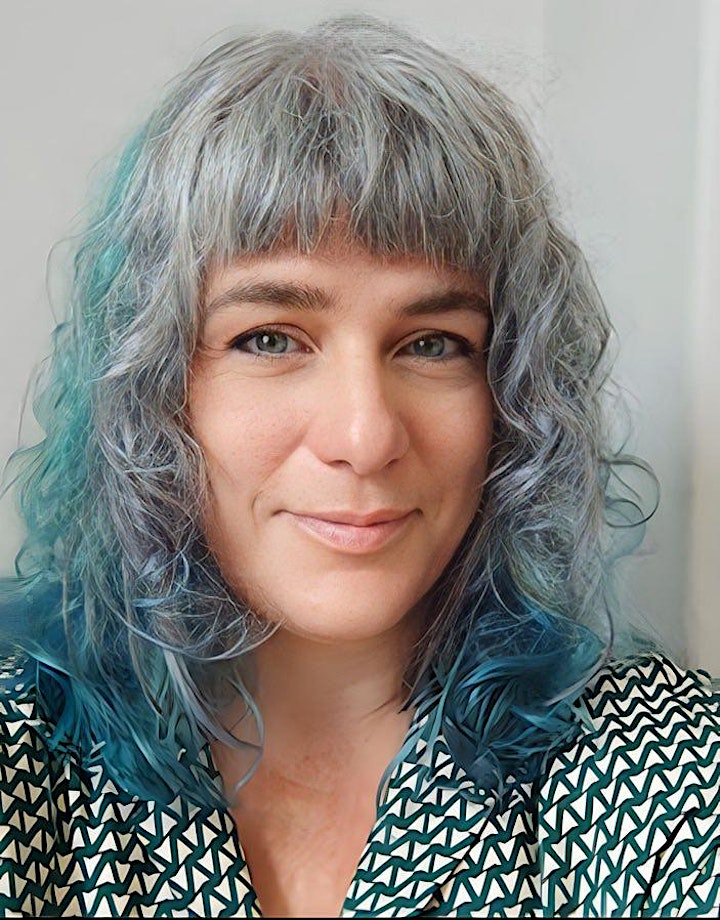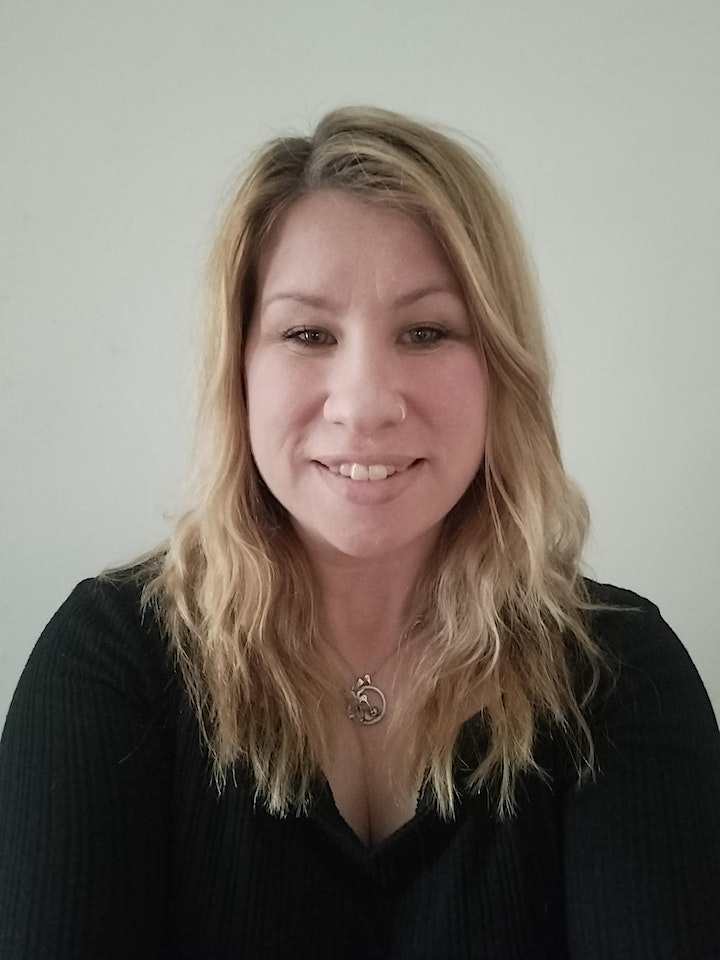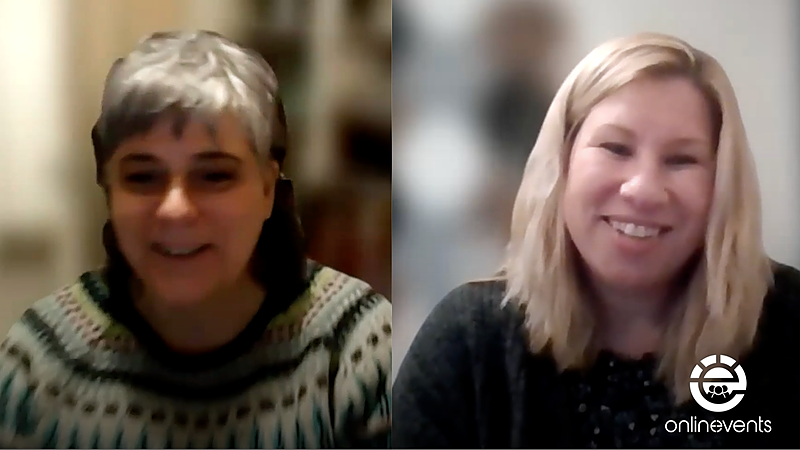Workshop Details
In the 1990s, Australian sociologist Judy Singer somewhat accidentally became the mother of the neurodiversity movement. At the time, Singer’s concepts flipped mainstream thinking on its head – but now she has found herself being flipped by a new neurodivergent generation. Armed with social media savvy and contemporary theories such as Nick Walker’s Neuroqueer Heresies, the TikTok generation has squared up to the old guard and are ready for battle. But what does this mean for the way professionals view and work with neurodivergence and neurodivergent mental health?
This workshop explores the development of the neurodiversity movement since the 1990s, how it has changed and is changing, the debates and controversies in contemporary neurodiversity thinking, and what this means for those in counselling/psychotherapy and mental health practice in this paradigm shift.
Learning Objective Participants Can Expect From This Event
- Understand and critically evaluate the original neurodiversity model as defined by Judy Singer et al
- Understand and critically evaluate contemporary developments in thinking and conceptualising neurodiversity and neurodivergence
- An awareness of the potential impacts of the new “neuroqueer paradigm” on practice in counselling and mental health
Who is This Workshop Appropriate For?
- Counsellors, psychotherapists, trainees, psychologists, coaches and allied mental health and social care practitioners
How May This Workshop Impact Your Practice?
- Exposure to different views on neurodiversity and neurodivergence, building awareness of debates in the field, including around the role of social media in promoting awareness, self-discovery and self-diagnosis, and neurodivergent advocacy
Course Content
Presenter

Aitch Nicol works as a mediator and advocate, enabling communities to have a voice in the things that affect them. , She is a trainee psychotherapist and training coordinator for Free2BMe and SYEDA, an eating disorder charity in Sheffield.

Liz Smith is a neurodivergent, late diagnosed therapist, supervisor and trainer living and working in West Yorkshire. She had adult diagnoses of ADHD and autism.
Liz runs Free2BMe Neurodiversity, offering lived experience led neurodiversity training, supervision and support to practitioners and organisations wanting to support neurodivergent clients and improve neuro-inclusivity in practice and services.
Liz has also worked as a lecturer on a core counselling training programme in a university and in clinical assurance.


